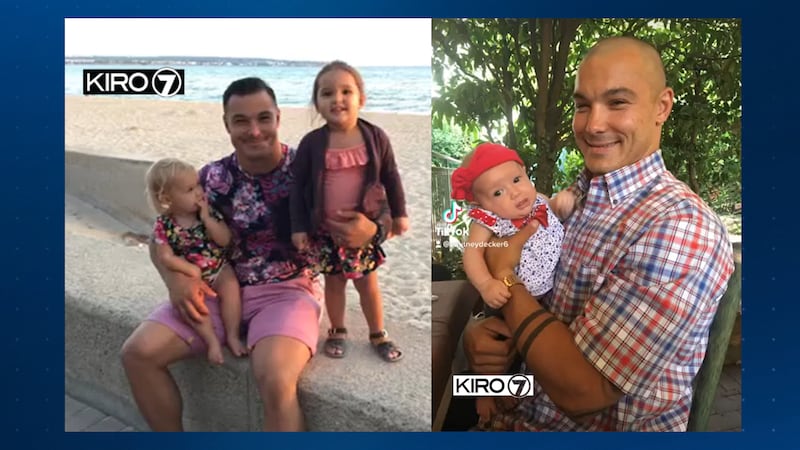SEATTLE — In Red Square on the University of Washington campus, Emile Pitre remembered the day in May 1968 when he and other members of the Black Student Union made history.
“We decided to occupy this building,” he said, pointing to the administration building.
They interrupted a meeting as UW President Charles Odegaard considered their demands for more diversity among students and faculty, and for a voice in decisions.
At one point, the administrators left for an inner room.
“Once they went inside, we barricaded them inside,” Pitre said. “We found out later there were close to 75 helmeted police waiting for the word to come in and take us out.”
The police never moved in.
After four hours of negotiations, Odegaard agreed to the students’ demands.
Days later, the faculty senate did, too.
“That’s how you bring about change, you don’t accept the status quo; it requires activism,” Pitre said.
That activism came at a time there were fewer than 200 Black students at UW out of a student body of more than 30,000.
Pitre grew up in the Jim Crow South, and after earning his bachelor’s degree in Louisiana, came to Seattle hoping to get away from racism.
“Then I got called the “n-word”, so that changed everything. That word was used a lot down South but never to my face,” Pitre said.
The 1968 occupation included people who would grow to prominence in Seattle, including future King County Councilmember Larry Gossett.
It set the stage for establishing the university’s Office of Minority Affairs and Diversity, where Emile Pitre would eventually retire as associate vice president.
He’s still a senior advisor and a regular fixture on campus.
Pitre is also the 2020 recipient of the prestigious Charles Odegaard Award, named for the president he confronted.
“It’s all about the students, I’m student-centered,” he said.
Pitre’s commitment to mentoring led him to lead the Office of Minority Affairs and Diversity’s Instructional Center, where students come for academic help.
It’s a program he’s advocating for again, saying students deserve much better than the current worn-out building.
“It needs to be a modern building with all the accommodations,” he said.
It is Pitre’s latest cause, as the UW champion of diversity still sees a lot of work to do.
“As they say on the streets, I’m going to come at them hard.”
©2021 Cox Media Group





